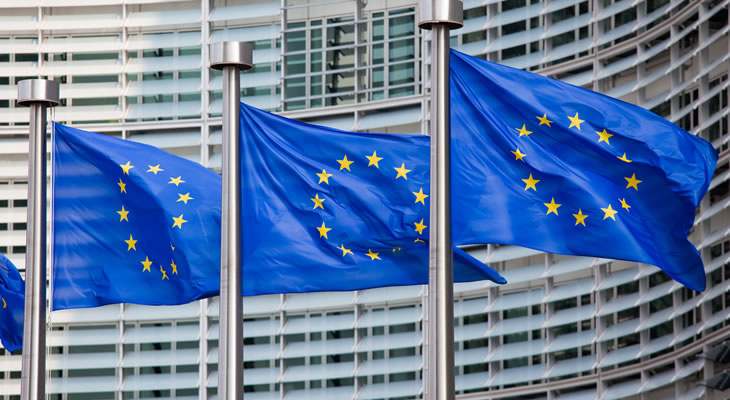Demand for the Pound tentatively picked up as investors await the activation of Article 50 and the formal start to the Brexit process.
Although there are worries over the outcome of the two-year negotiation process this failed to weigh on GBP exchange rates at the start of the week.
With Theresa May set to turn down the Scottish request for a second independence referendum, however, concerns over the potential breakup of the UK have diminished.
Fresh volatility could be in store once the process of leaving the EU starts in earnest, however.
The chances of the Bank of England (BoE) adopting a more hawkish outlook remain limited, in spite of rising inflationary pressure.
Confidence in the continued resilience of the UK economy could weaken further in the coming weeks, leaving the Pound with little in the way of support.
As Andrew Benito, research analyst at Goldman Sachs, noted:
‘While a weaker currency helps usher in required adjustments to Brexit – including by supporting exports, and this effect applies even before the UK has negotiated the form of Brexit – it also reflects a new regime with lower real incomes than otherwise. We expect real consumer spending to slow to reflect that.’
A better-than-expected IFO business sentiment survey bolstered the outlook of the Euro, meanwhile.
German business sentiment strengthened to its highest level since July 2011, rising from 111.1 to 112.3 in March.
This encouraged confidence in the resilience of the Eurozone’s powerhouse economy, suggesting that domestic political worries are having a limited impact.
Even so this stronger showing is unlikely to encourage the European Central Bank (ECB) to adopt a more hawkish outlook in the near future.
Commentary from ECB executive board members Peter Praet and Benoit Coeuré could offer the Euro a rallying point, though, given recent speculation over whether interest rates could rise before the end of the quantitative easing program.
However, if neither policymaker offers a particularly hawkish view on the matter this could give the GBP EUR exchange rate further support.
While the polls continue to favour centrist Emmanuel Macron in the French presidential election an element of political uncertainty is likely to remain a drag on the Euro.
Nevertheless, the single currency could find a boost if the latest German and Eurozone consumer price index reports point towards a further pick-up in domestic inflationary pressure.
Even if the ECB does not look to be considering any significant shift in its policy outlook a strong showing here would signal that the economy remains in a robust state of health.
Continued weakness of the US Dollar could also weigh on the GBP EUR exchange rate, with the single currency benefitting as confidence in the US administration falters.


Comments are closed.